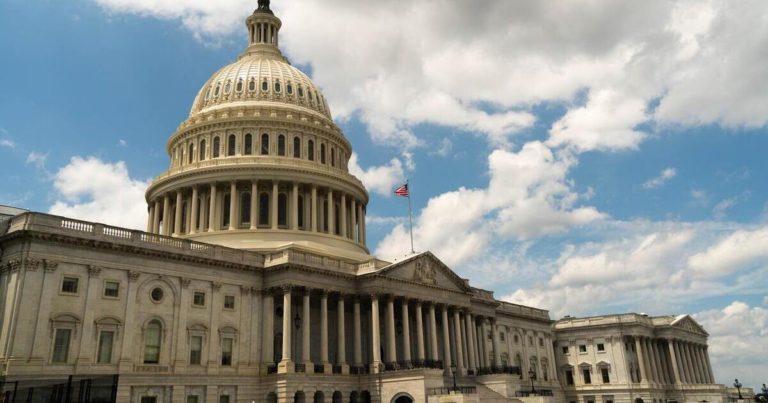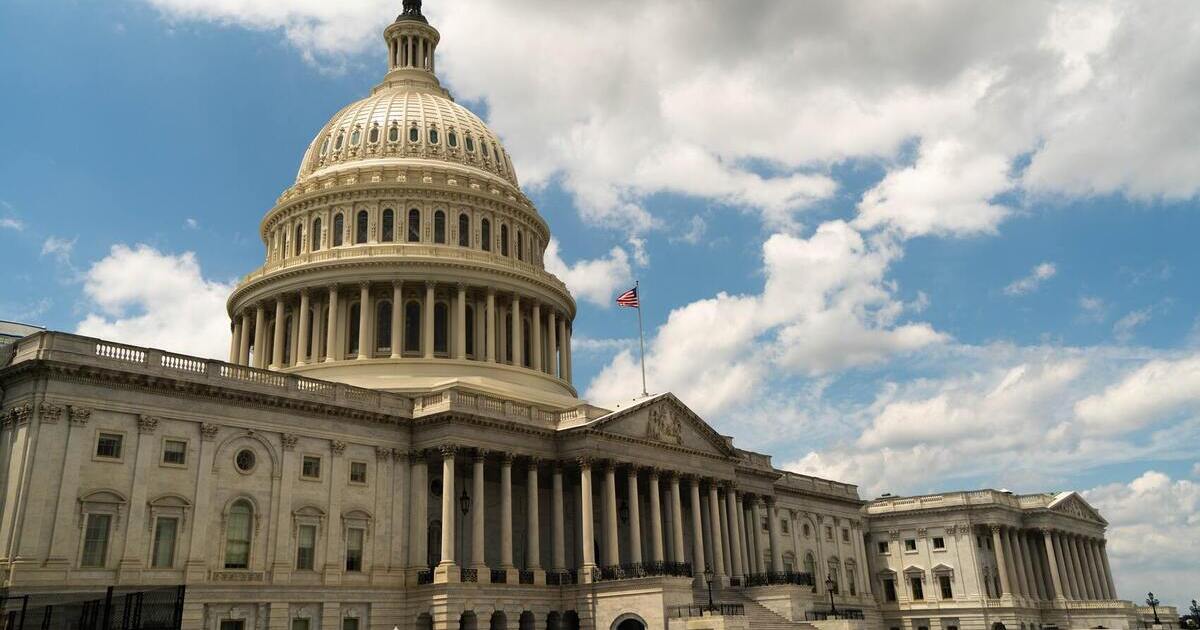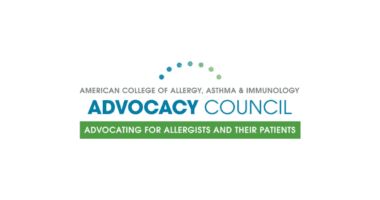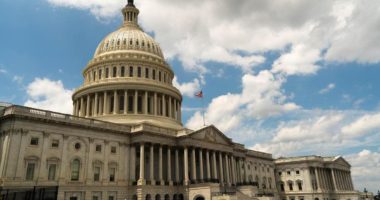After weeks of negotiations, President Biden and House Speaker Kevin McCarthy (R-CA) reached an agreement over Memorial Day weekend on a framework for raising the federal borrowing limit (also referred to as the “debt ceiling”) through 2024 – in exchange for spending reductions, concessions to Republicans and other policies. Negotiations came down to the wire, with only days before the U.S. Treasury would run out of money to pay its bills. The legislation was passed by both the House of Representatives and the Senate by last Thursday evening, and was signed into law by President Biden; it means the Treasury Department will be authorized to borrow additional money to meet these obligations.
The Treasury Department borrows money to pay for policies passed by Congress. The Constitution gives Congress the authority for federal borrowing. Therefore, Congress passes legislation that allows the Treasury Department to borrow up to a certain limit. Congress must pass new legislation to raise this limit before it is reached. Failure to raise the debt ceiling means the federal government would default on its debt. While this has never happened before, a federal default would have enormous impacts on the global economy.
This year, House Republicans stated their intention to withhold their support for a debt ceiling increase unless they received other policy concessions. Republican concessions include capping total federal spending at around FY 2023 levels for the next two fiscal years (with defense and veteran spending excluded from these caps). The agreement allows for a 1% increase in this spending cap for FY 2025. The bill also rescinds unspent funding from COVID-19 relief programs.

The spending cap is for discretionary spending. Medicare and Medicaid reimbursements to physicians are considered mandatory spending. Therefore, Medicare and Medicaid reimbursements are not impacted by these spending caps.
Democrats in Congress and President Biden wanted a “clean” debt ceiling increase without any other policies attached. Republicans control the House of Representatives while Democrats control both the Senate and the White House. These realities mean the two parties had to compromise.
The bill, called the Fiscal Responsibility Act of 2023, also adds work requirements for Supplemental Nutrition Assistance Program (SNAP) recipients for able-bodied single adults up to age 55 – an increase from the current age limit of 49. This policy expires in 2030. Veterans and people experiencing homelessness are exempt from this requirement. The bill does not add work requirements for Medicaid beneficiaries despite some House Republicans advocating for this policy in the agreement. Lastly, the bill includes reforms to the federal energy project permitting process.
The bill only sets top-line spending amounts. The details of how this cap impacts federal programs have not yet been determined. Congress still needs to pass appropriations bills to set funding levels for federal agencies and programs within these caps. Funding for HHS programs and NIH funding will be determined within the parameters of this top-line spending cap for the next two fiscal years.
However, the bill is more than just spending caps. It also includes $45 billion in funding for the Veteran’s Toxic Exposure fund, which helps pay for medical costs for veterans exposed to toxic burn pits. Additionally, it requires federal student loan borrowers to begin repaying their loans this summer after repayments were suspended during the COVID-19 pandemic.
The Congressional Budget Office (CBO) estimates the bill will reduce the federal deficit by $1.5 trillion over ten years.
The bill’s passage also suggests a relatively smooth path for passing federal spending legislation for the next fiscal year. The bill incentivizes Congress to pass federal spending legislation by including an automatic 1% reduction to discretionary spending if Congress does not pass all 12 federal appropriations bills before Jan. 1, 2024. These federal spending bills are often used as legislative “vehicle” to which other unrelated policies that cannot get a standalone vote are attached. This incentive to pass federal appropriations legislation suggests the spending bills will be an even more attractive legislative opportunity than they typically are.
Not all members of either party completely supported the bill. Some Republicans did not think the bill went far enough; while some Democrats thought the bill went too far. The bill ultimately passed both Chambers of Congress with strong bipartisan support and was signed into law by President Biden.
The Advocacy Council – ADVOCATING FOR ALLERGISTS AND THEIR PATIENTS.



